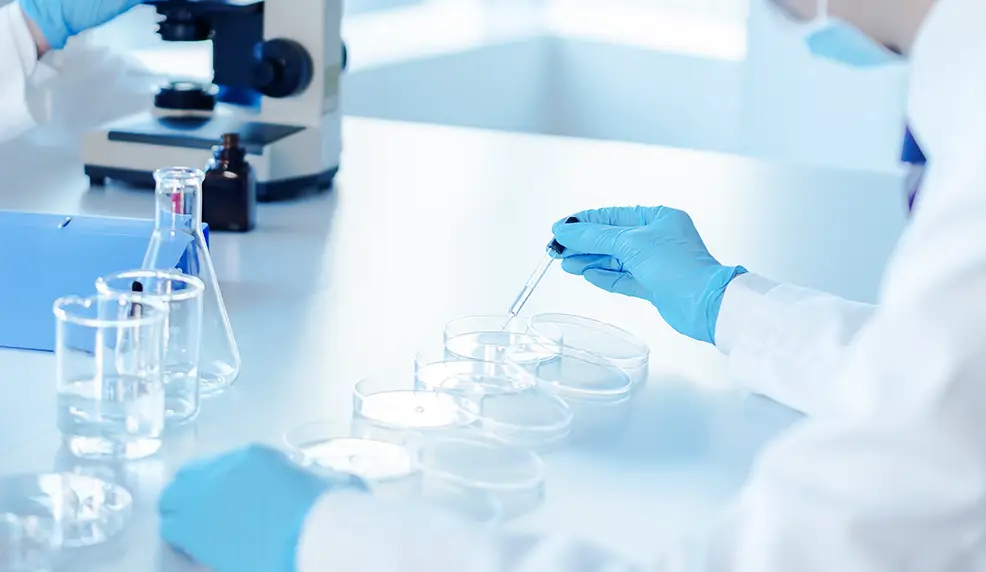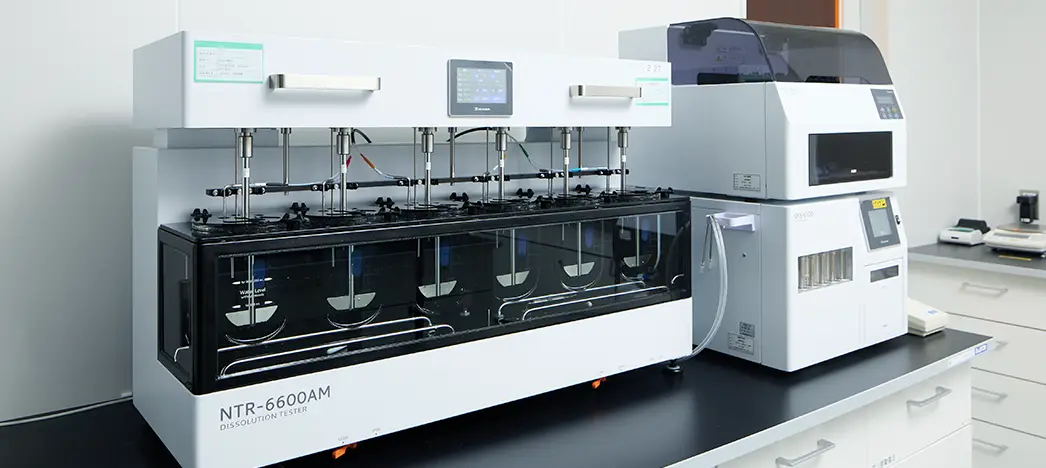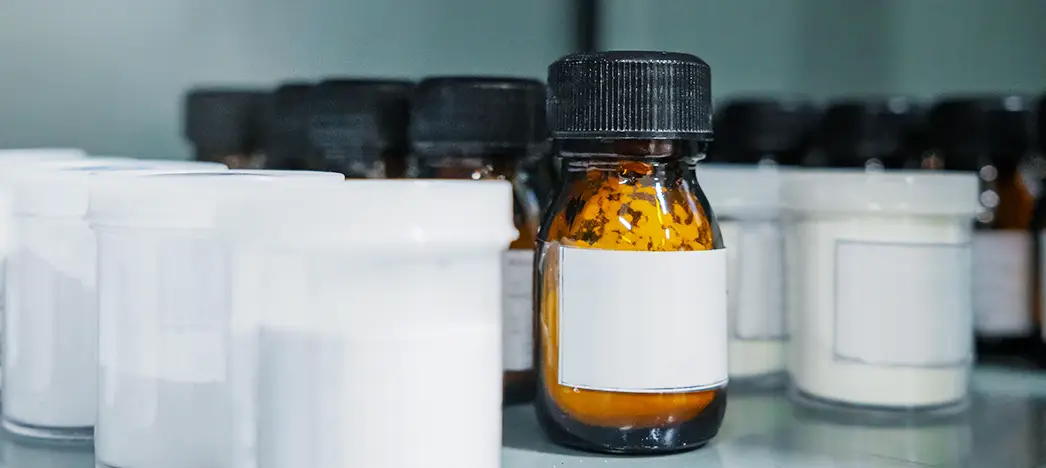About Generic Drugs
What is a generic drug?
Medicine" is an indispensable part of a healthy daily life.
Among them, how much do you know about "generic drugs" that you often hear about these days?
"It's just some cheap drug, isn't it?" Are they really as effective as the new drugs?"
Some of you may be asking yourself such questions.
Let's take a look at generic drugs, their quality and safety, and how they support our daily lives.
What is a generic drug?
There are two types of drugs: OTC drugs, which are sold at pharmacies and drugstores, and prescription drugs, which are prescribed by a doctor when a patient is examined at a medical institution. Furthermore, "ethical drugs" include "new drugs (brand name drugs)" and "generic drugs (generic drugs).
Generic drugs are simply explained as "drugs that use the same active ingredients as the original drug and are equivalent in quality, efficacy, and safety. It has passed strict tests, received approval from the Minister of Health, Labor and Welfare, and is manufactured and marketed in accordance with national standards and laws.
Types of Drugs
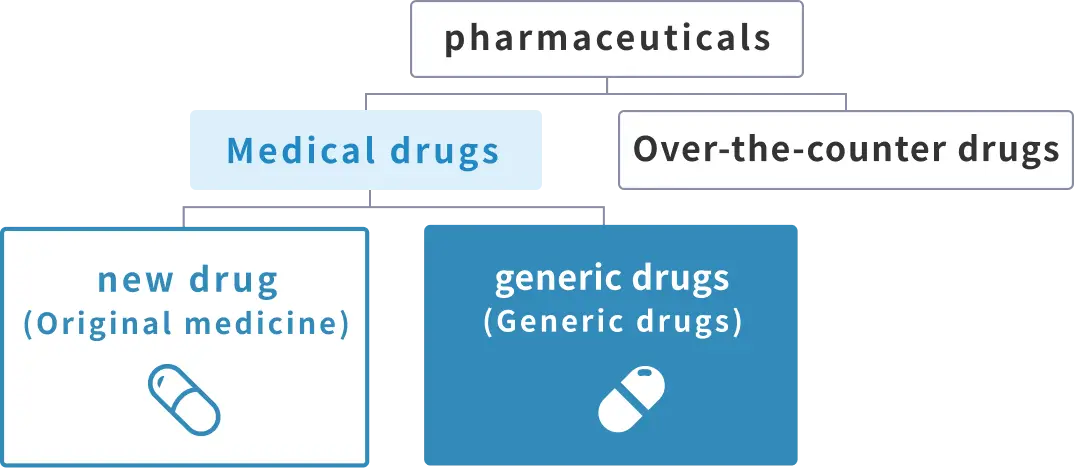
Why are "generic drugs" called "generics?"
You may hear the terms "generic drug" or "generic drug" used more often than the term "generic drug."
In fact, the word "generic" is derived from the English word "generic. This "Generic" has the meaning of "general".
Generic drugs" are most often named using the name of their active ingredient (generic name). In Europe and the United States, drugs are often prescribed under this "generic name" rather than the product name, hence the term "generic drug. This name has become popular because it is more familiar to many people.
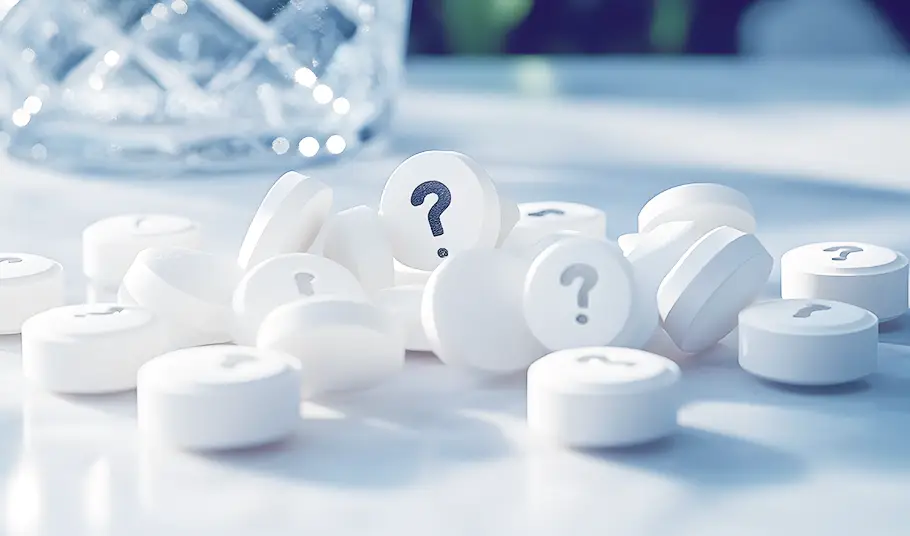
Which is better, generic or new (brand name) drugs? Basic Differences
When choosing a medication, you may wonder, "What is the difference between a generic drug and a new drug (brand name drug)?" Some people may wonder, "What is the difference between a generic drug and a new drug (brand name drug)? The basic differences between them are explained below.
Patent Validity Period of New Drugs and Generic Drugs

What is a new drug (original drug)?
Original drugs are the first drugs developed and marketed after many years and research and development costs have been spent to find new active ingredients and confirm that they are effective and safe for the disease. It often appears as a revolutionary treatment, and the company that develops it is granted a patent (the exclusive right to manufacture and sell the product) for a certain period of time.
What is a generic drug?
Generic drugs are drugs that are manufactured and marketed by other drug manufacturers after the patent period for the brand-name drug has expired. It contains the same active ingredients as brand-name drugs, in the same quantities, and has the same efficacy and safety as brand-name drugs.
Same as new drug or AG (Authorized Generic)
Authorized Generic (AG) refers to a generic drug that has been licensed by the original drug manufacturer to be manufactured and marketed. While generic drugs are generally manufactured and marketed after the patent expiration of the original drug, AGs are often made exactly the same as or close to the original drug, not only in terms of their active ingredients, but also in terms of their active ingredients, active pharmaceutical ingredients, additives, manufacturing methods, and even manufacturing plants.
AGs, like generic drugs in general, are set lower than brand-name drugs due to lower development costs.
This leads to a sense of security for patients that they can obtain almost the same product as the brand-name drug at a lower price. It is also an easy choice for those who have concerns about regular generic drugs.
What you need to know! Advantages and Disadvantages of Generic Drugs
Generic drugs have become a very familiar option. But, "Is it really all good?" "Is there anything I need to be careful about?" You may be wondering, "Is it really all good? Here are the "good" and "what you need to know" about generic drugs.
Good points (benefits) of generic drugs

Prices are lower than those of brand-name drugs because development costs are reduced. This will not only reduce the burden of medication costs and help your family budget, but also lead to a reduction in overall medical costs in Japan. If the medication is taken for a long time, this difference can be very large.

Effectiveness and safety of
Generic drugs contain the same active ingredients as the brand-name drug, in the same quantities, and are recognized as equivalent to the brand-name drug in terms of efficacy and safety. Quality control is as thorough as that of brand-name drugs, so you can take it with confidence.

Some generic drugs are designed to be easy to take. For example, tablets have been made smaller and less bitter, and the color, shape, and labeling on the sheet have been improved to prevent mistakes and make it easier for patients to continue taking the drug.
What you should know about generics (disadvantages)
May have different additives, colors, shapes, and tastes
Generic drugs use the same active ingredients as the brand-name drug, but may have different "additives" to shape the drug and make it easier to take. As a result, the color, shape, and size of the tablets, as well as the taste and smell, may differ from those of brand-name drugs. In rare cases, some people may have allergic reactions to additives, so please consult your doctor or pharmacist if you are concerned.
May feel uncomfortable when switching from one to the other.
The change in the name, look, taste, or feel of the medication may psychologically make some people feel, "Doesn't it work differently?" Some people may feel that the name, appearance, taste, or feel of the medicine is different from the original. Although equivalence in efficacy and safety has been recognized, if you have any concerns, please do not overdo it and consult your doctor or pharmacist.
Not all drugs have generics.
There are some brand-name drugs that still have patent terms remaining and some drugs for which generics have not been developed for specific reasons. Therefore, not all prescription drugs can be switched to generics.
Indications may differ from those of brand-name drugs
A small percentage of generic drugs do not cover all the indications of the brand drug due to patent and reexamination periods (the period during which side effects, new indications, or more detailed safety information about the brand drug that was not available at the time of approval are collected and evaluated). The following is a list of the indications for which the brand-name drug is approved. When choosing a generic drug, please consult your doctor or pharmacist to determine if the drug is appropriate for your disease or condition.
Effectiveness and Safety of Generic Drugs
Are generic drugs dangerous? "Aren't they less effective than brand-name drugs?" Some of you may have such questions.
Generic drugs have the same efficacy as brand-name drugs because they have passed strict government-approved tests. We repeatedly conduct various tests to confirm the "equivalence" of our medicines so that everyone can use them with peace of mind.
Thorough comparison of how it works in the body! Bioequivalence Tests
The most important test to show that a generic drug is the same as the brand-name drug is the bioequivalence test. In this study, healthy individuals will be asked to take each brand-name and generic drug, and we will examine in detail how the concentration of the active ingredient in their blood changes over time.
We compare data such as "how fast and how much of the active ingredient of a drug is absorbed in the body, when its concentration increases, and how long it stays in the body," and confirm that the two follow roughly the same pattern.
This proves that the generic drug acts in the body in the same way as the brand-name drug and is equally effective.
There are various Various tests to check quality
It is not just bioequivalence studies. Here is a partial list of exams.
dissolution test
We examine how fast the drug dissolves in an environment similar to that of the body. This is an important test to confirm that the drug is properly dissolved and the active ingredients are ready to be absorbed into the body.
stability test
Check to see if the quality of the medicine changes over a period of time under various conditions, including high temperature and humidity.
Through these tests, we have confirmed that generic drugs are not only "the same active ingredients" as brand-name drugs, but are also equivalent in "how they work in the body" and "quality" in all aspects. If you change to a generic drug and feel that it 'works differently,' it may not be due to the ingredients of the drug, but rather psychological factors or coincidence with a change in your physical condition. Just because a drug is generic does not mean that it is particularly dangerous or ineffective.
Which is better? How to Choose a Generic Drug and What to Expect
Rather than "which is better."It is important to understand the characteristics of each and make the right choice for your situationIt is.
Efficacy and safety are the same.
Both generic and brand-name drugs have the same efficacy against diseases and possible effects on the body (safety). It has passed strict testing and has been approved by the Minister of Health, Labor and Welfare.
The biggest difference is "price.
Generic drugs are less expensive to develop because their efficacy and safety have already been confirmed by brand-name drugs. As a result, the cost of the medication is lower than that of brand-name drugs.
Easy to drink.
Some generic drugs are smaller, have an improved taste, or are easier to identify, making them easier for patients to take.
Differences in additives
Generic drugs have the same active ingredients as the brand-name drug, but may differ in additives used to formulate the drug, color, and taste. Therefore, in rare cases, some people are allergic to certain additives or feel uncomfortable with the change in drinking comfort. If you have allergies or have had some concerns with your medications before, it is important to consult with your doctor or pharmacist to choose the right one for you.
Please consult your physician or pharmacist to determine which medication to choose.
Make a choice that makes sense for you, taking into account your constitution, medical condition, and the cost of your medications. is important.



